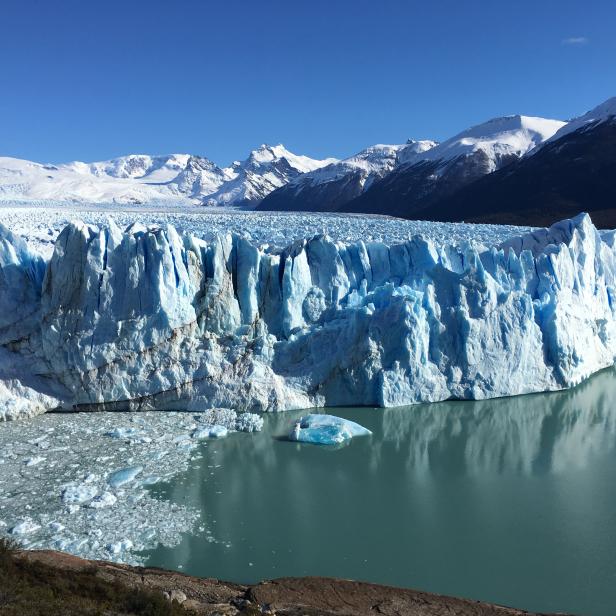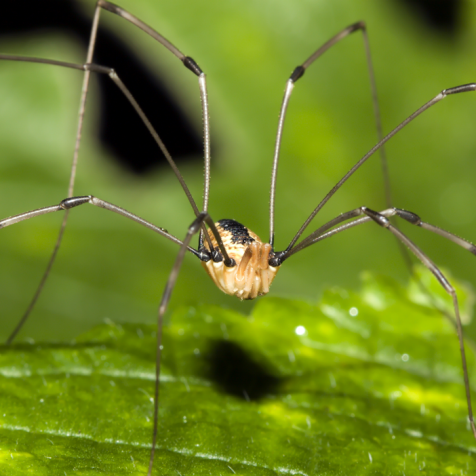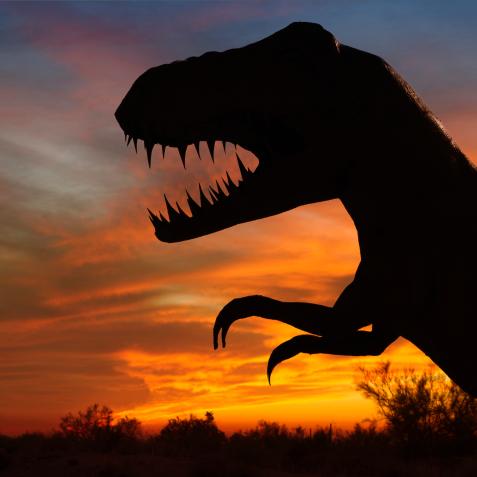
Getty Images/Giù Palm / EyeEm
70% Of Earth's Fresh Water Is Frozen
Our freshwater is locked up in the Antarctic Ice Sheet.
About 71% of the Earth is covered in water. Most of that is in oceans, rivers, and lakes, but some is frozen in the Earth's two ice sheets. Those ice sheets, which cover most of Greenland and Antarctica, only contain 2% of the world's total water supply, but a whopping 70% of the Earth's fresh water. Scientists estimate that if the Antarctic Ice Sheet—the larger of the two—melted, sea level would rise by around 60 meters (200 feet). Not only that, but it could affect the weather: a study showed that less sea ice in the Arctic causes rainier summers in western Europe, and another study suggests that it's causing more extreme heat waves in the United States and elsewhere. And counterintuitively, melting ice also causes more melting ice. A 2016 study found that a shrinking in the Greenland Ice Sheet causes what are known as "blocking events," where high-pressure systems park themselves on top of one area for days or even weeks. This brings warm, moist air that heats the surface below and causes even more ice to melt. Explore the relationship between polar ice and climate change in the videos below.
This article first appeared on Curiosity.com.


















